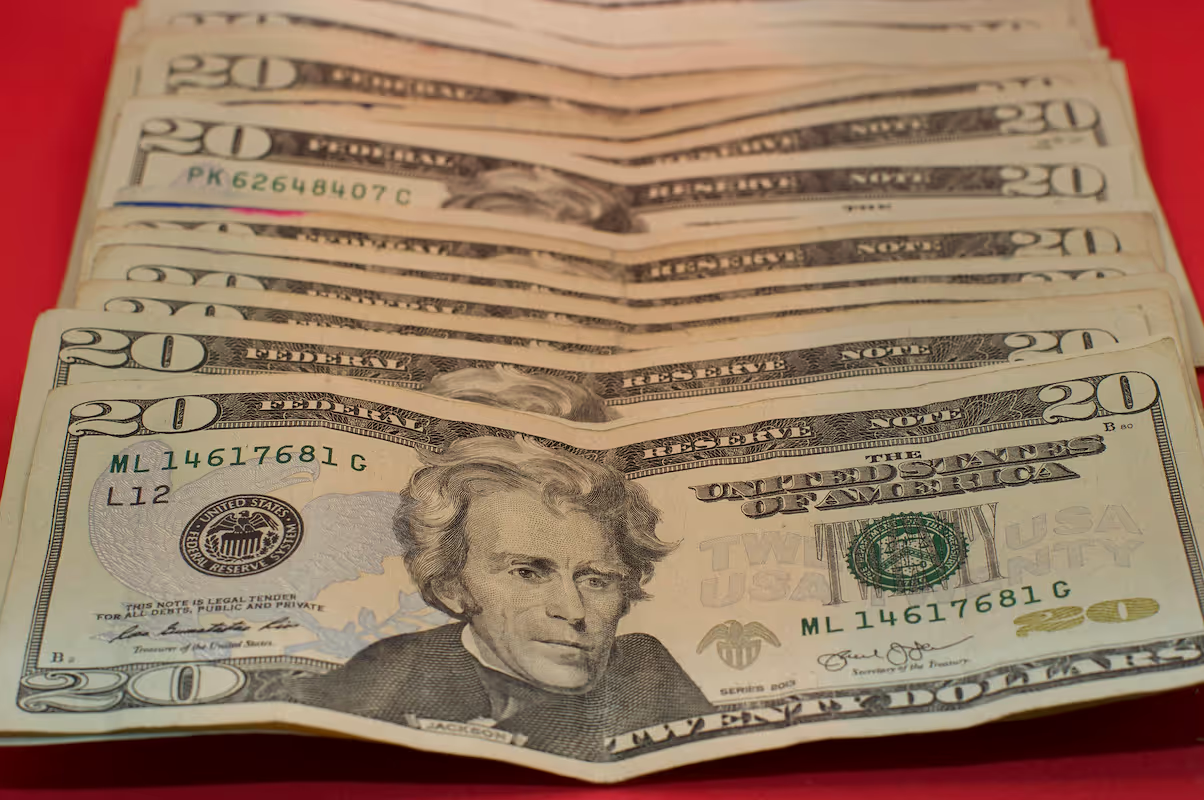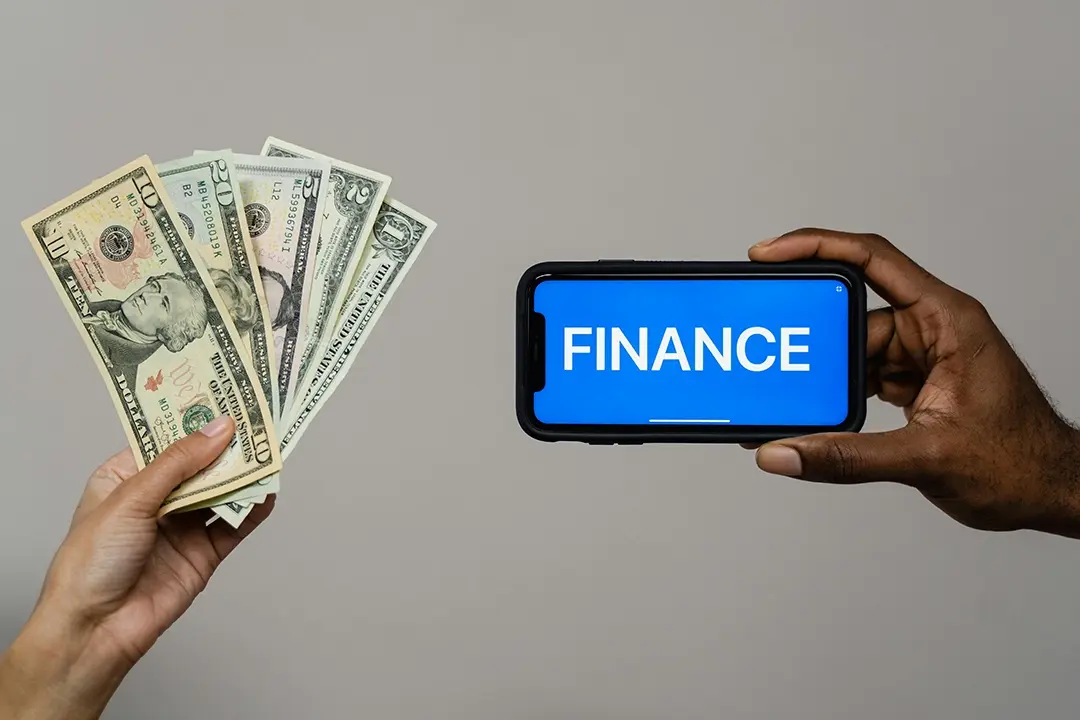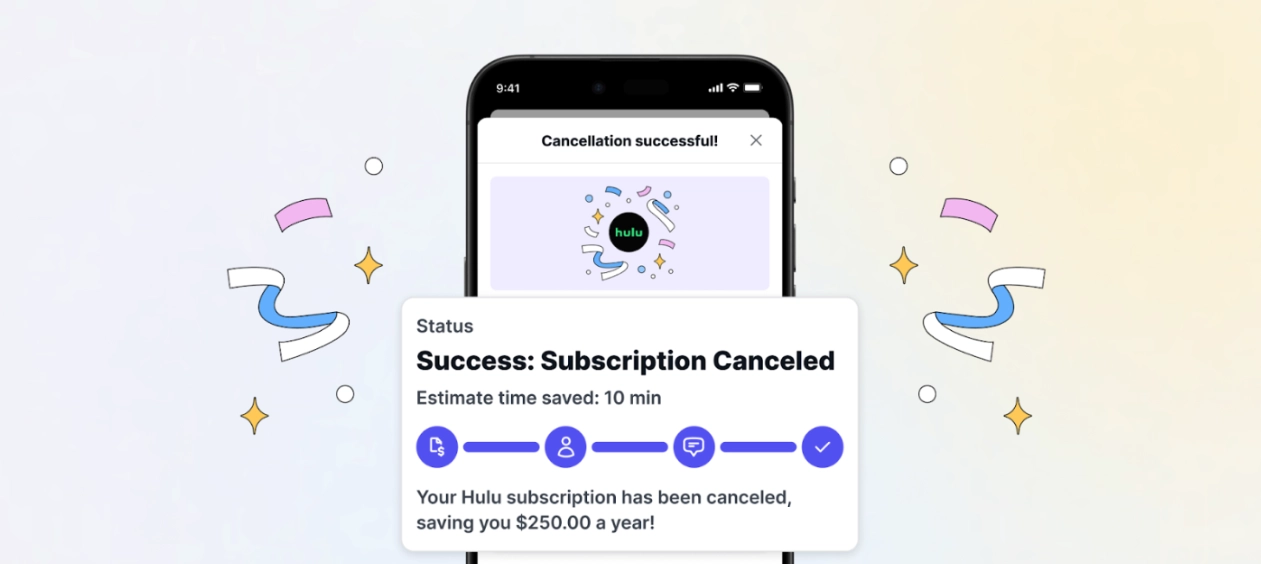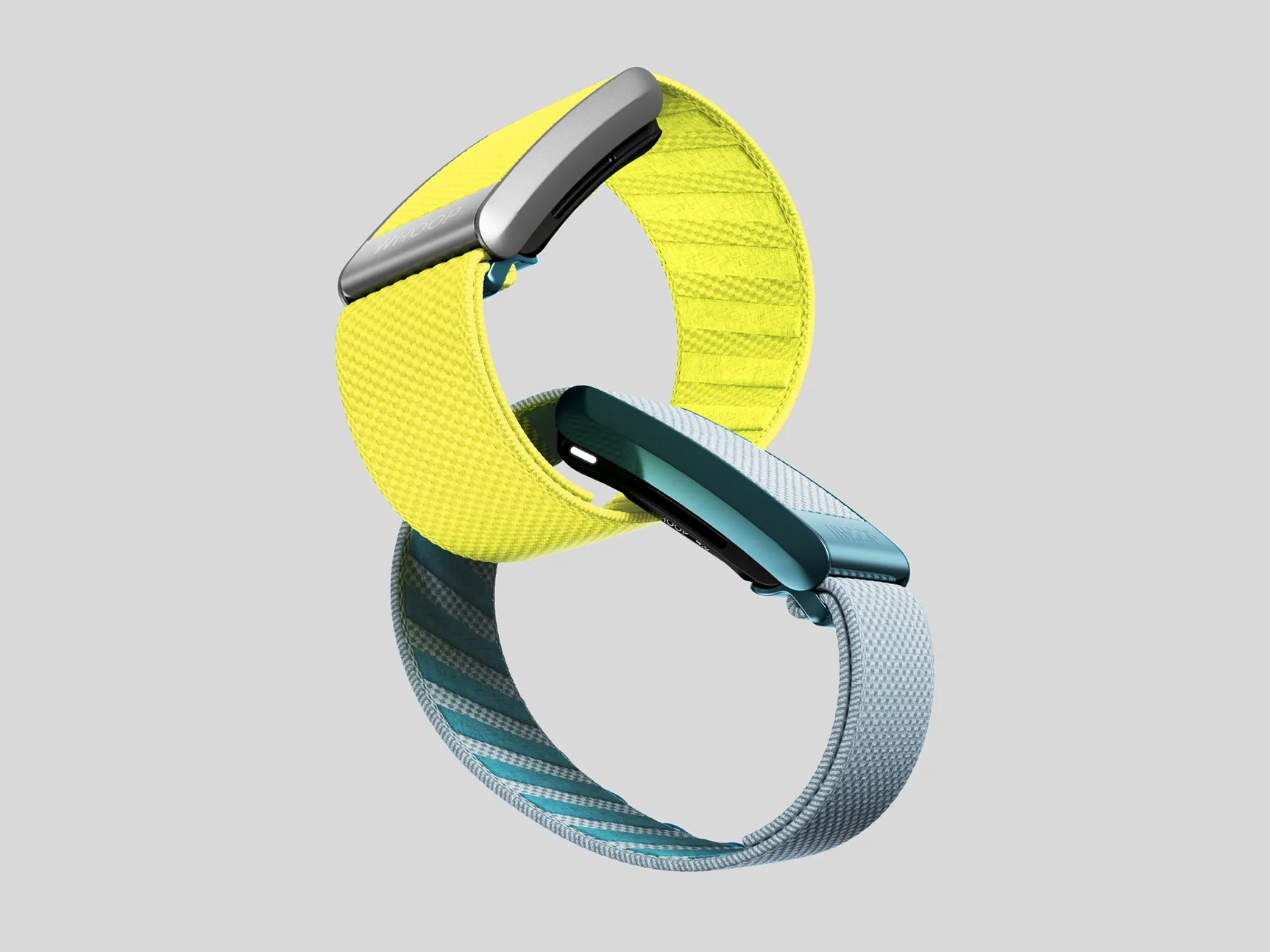
Kudos has partnered with CardRatings and Red Ventures for our coverage of credit card products. Kudos, CardRatings, and Red Ventures may receive a commission from card issuers. Kudos may receive commission from card issuers. Some of the card offers that appear on Kudos are from advertisers and may impact how and where card products appear on the site. Kudos tries to include as many card companies and offers as we are aware of, including offers from issuers that don't pay us, but we may not cover all card companies or all available card offers. You don't have to use our links, but we're grateful when you do!
Does a Chargeback Affect Your Credit Score?
July 1, 2025


Quick Answers
Filing a chargeback does not directly impact your credit score, as this action is not reported to the major credit bureaus.
However, if a merchant sends the disputed amount to a collections agency, the collection account can be reported and subsequently lower your score.
Frequent chargebacks may also lead your card issuer to close your account, which can indirectly harm your credit by affecting your credit utilization ratio and account age.
What Is a Chargeback?
A chargeback is a transaction reversal initiated by a cardholder's issuing bank, serving as a powerful form of consumer protection. It allows a cardholder to dispute a charge and have the funds forcibly returned from the merchant's account for reasons like fraud or service disputes. This process is distinct from a standard refund, which is a voluntary return of funds processed directly by the merchant.
Filing a chargeback does not directly impact your credit score, as these disputes are not reported to credit bureaus. However, the circumstances surrounding the chargeback can have an indirect effect on your credit health. For example, if a card issuer closes your account due to excessive chargebacks, it could raise your credit utilization ratio and potentially lower your score.
How a Chargeback Could Affect Your Credit Score
While filing a chargeback won't directly ding your credit score, the dispute can set off a chain of events that might eventually lead to a negative mark on your report.
- Initial Dispute: You initiate a chargeback with your credit card issuer. This process itself is a private matter between you, your bank, and the merchant; it is not reported to credit bureaus.
- Merchant Response: If the chargeback is decided in your favor, the merchant may still believe you owe them money. They can then classify this amount as an unpaid debt.
- Sent to Collections: To recover the funds, the merchant might sell the unpaid debt to a third-party collections agency. This is a common business practice for outstanding balances.
- Credit Bureau Reporting: The collections agency will attempt to collect the debt from you. If the debt remains unpaid, the agency can report the delinquent account to the major credit bureaus.
- Credit Score Impact: Once a collection account appears on your credit report, it is considered a significant negative event and will almost certainly lower your credit score, potentially for several years.
How Much Will a Chargeback Affect Your Credit Score?
While a chargeback won't show up on your credit report directly, the chain of events it can trigger might harm your score. Here are a few key factors to consider.
- Indirect Impact. A chargeback is a transaction reversal, not a credit event reported to bureaus. The indirect consequences, such as an unpaid debt resulting from the dispute, are what can ultimately harm your credit score.
- Debt Sent to Collections. If a merchant successfully reverses your chargeback, you will owe them the money. If you don't pay, this debt could be sent to collections, which will negatively impact your credit report and score.
- Account Closure. Filing frequent chargebacks may lead your card issuer to close your account. This can increase your overall credit utilization ratio, which is a key factor in determining your credit score and could lower it.
How You Can Avoid a Chargeback Affecting Your Credit Score
Pay Your Bill on Time
Even when you dispute a charge, it's wise to pay your credit card bill to avoid late fees and negative reporting. If your chargeback is successful, the credit card issuer will refund the amount to your account, protecting your payment history and credit score.
Communicate with the Merchant First
Before filing a formal chargeback, try resolving the issue directly with the merchant. Many companies prefer to offer a refund or another solution to maintain a good customer relationship. This often resolves the problem faster and avoids the chargeback process entirely.
Understand the Chargeback's Impact
A chargeback itself does not directly lower your credit score. The potential damage comes from not paying the disputed amount if the bank sides with the merchant. Understanding this distinction helps you manage your account responsibly throughout the dispute process.
Ways to Improve Your Credit Score
Improving your credit score is an achievable goal that relies on consistent, positive financial behavior. By following a few proven methods, most people can see meaningful changes to their score within three to six months.
- Monitor your credit reports. Regularly check your reports from Experian, TransUnion, and Equifax to identify and dispute any inaccuracies that could be hurting your score.
- Set up automatic bill payments. Your payment history is the most significant factor in your score, so automating payments ensures you never miss a due date.
- Reduce your credit utilization. Aim to keep your credit card balances below 30% of your total credit limit to show lenders you aren't over-reliant on debt.
- Become an authorized user. Being added to a credit card account with a long history of on-time payments and low utilization can give your score a boost.
- Diversify your credit mix. Lenders like to see that you can responsibly manage different types of credit, such as credit cards, installment loans, and mortgages.
- Limit hard inquiries. Avoid applying for too many new credit accounts in a short period, as each application can temporarily lower your score.
The Bottom Line
A chargeback itself won't hurt your credit score, as it's not reported to credit bureaus. But, an unpaid account sent to collections by the merchant could damage your credit history.
Frequently Asked Questions
Will filing a chargeback lower my credit score?
No, filing a chargeback does not directly impact your credit score. Credit card issuers do not report these disputes to the major credit bureaus.
Can a chargeback indirectly affect my credit?
Yes. If you lose a chargeback dispute and refuse to pay, the merchant may send the debt to a collection agency, which can harm your credit.
What happens if I abuse the chargeback system?
Frequently misusing chargebacks could lead your credit card issuer to close your account, which can negatively affect your credit score by increasing your utilization ratio.
Unlock your extra benefits when you become a Kudos member

Turn your online shopping into even more rewards

Join over 400,000 members simplifying their finances

Editorial Disclosure: Opinions expressed here are those of Kudos alone, not those of any bank, credit card issuer, hotel, airline, or other entity. This content has not been reviewed, approved or otherwise endorsed by any of the entities included within the post.



































.webp)

.webp)






